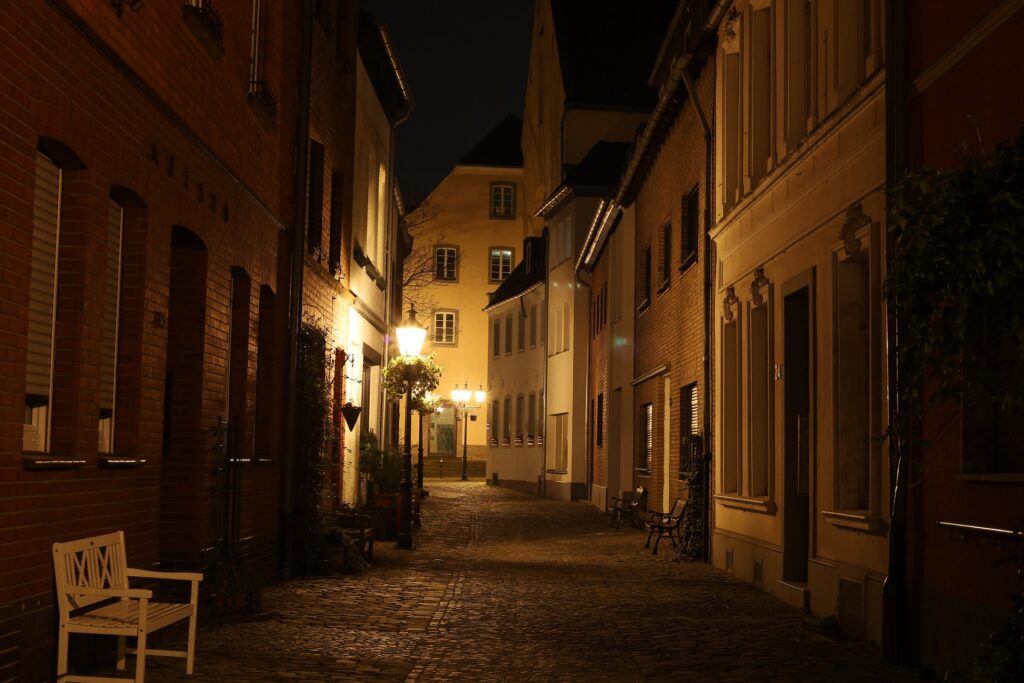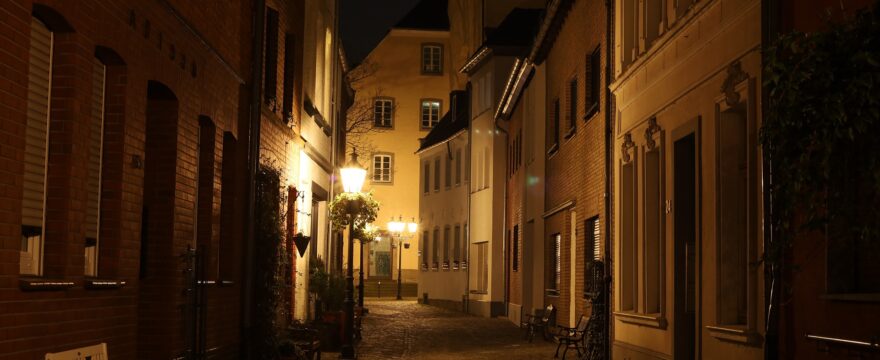
The past year has disrupted ways of living for most of us. Many people have been in and remain lockdown, not socialising or working away from home. Parents have been home-schooling at various levels while often simultaneously Zooming and home working. So many events have been cancelled, sports and education suspended and socialising restricted, all reducing activities outside the home. In doing so, much more has been transferred inside the home making it busier and more demanding than ever.
Throughout this time, it has often felt that life is at a standstill. In a situation where we cannot do things we might expect to do in normal circumstances. Some of us planned tasks or creative work which we had previously been too busy to give attention.
Yet, as some restrictions lessen, many of us feel disappointed that we did not achieve all or any of those things.
Instead of chastising ourselves, t’s important for us to consider what we did do while doing nothing … what happened while nothing happened?
Each one of us will have a different list of the small things that happen to make the bigger things meaningful – young and older people being looked after, telephoning or texting those experiencing isolation; meals cooked, shopping collected. Small actions that build to make a more caring place where we can feel more useful and more included.
Other ways in which we have seen this effect throughout the pandemic is the improvement in the environment, Water quality and the air quality of cities has improved as fewer cars are used, and noise pollution has reduced (Rume and Islam, 2020). As a result, some species of birds and wildlife have returned to areas where they were thought to have disappeared (Manenti et al, 2020). This happened while human activity and economic development slowed down – when nothing happened.
There is also room in our inner and creative lives for a space where nothing intentional is being achieved, where we may feel that we have been stagnant and unproductive. The Romantic poet, Keats, wrote of the value of ‘negative capability’ in life, especially creative life. Keats felt that the constant drive to gain knowledge, solve problems, produce something was less important than the ability to stay still and allow intuition to take over so that we might germinate new ideas and create something new that has the potential to change our world in some different way. The psychoanalyst, Wilfred Bion (Rejck and Thune, 2019) considered this open-minded state of ‘not knowing’ as an opportunity to develop personally and essential to emotional development. That without less active, non-productive times, we cannot allow new ideas and feelings to emerge that can impact our lives differently, for the better. We need times when nothing happens to let things happen.
Metanoia
References
Manenti, R., Mori, E., Di Canio, V., Mercurio, S., Picone, M., Caffi, M., Brambilla, M., Ficetola, G. F., & Rubolini, D. (2020). The good, the bad and the ugly of COVID-19 lockdown effects on wildlife conservation: Insights from the first European locked down country. Biological conservation, 249, 108728. https://doi.org/10.1016/j.biocon.2020.108728
Rejack, B and Theune, M (2019) Keats’ Negative Capability: New Origins and Afterlives. Liverpool Univeristy Press.
Rume, T., & Islam, S. (2020). Environmental effects of COVID-19 pandemic and potential strategies of sustainability. Heliyon, 6(9), e04965. https://doi.org/10.1016/j.heliyon.2020.e049
Photo: Jeyaratnam Caniceus en Pixabay

Deja una respuesta
Lo siento, debes estar conectado para publicar un comentario.